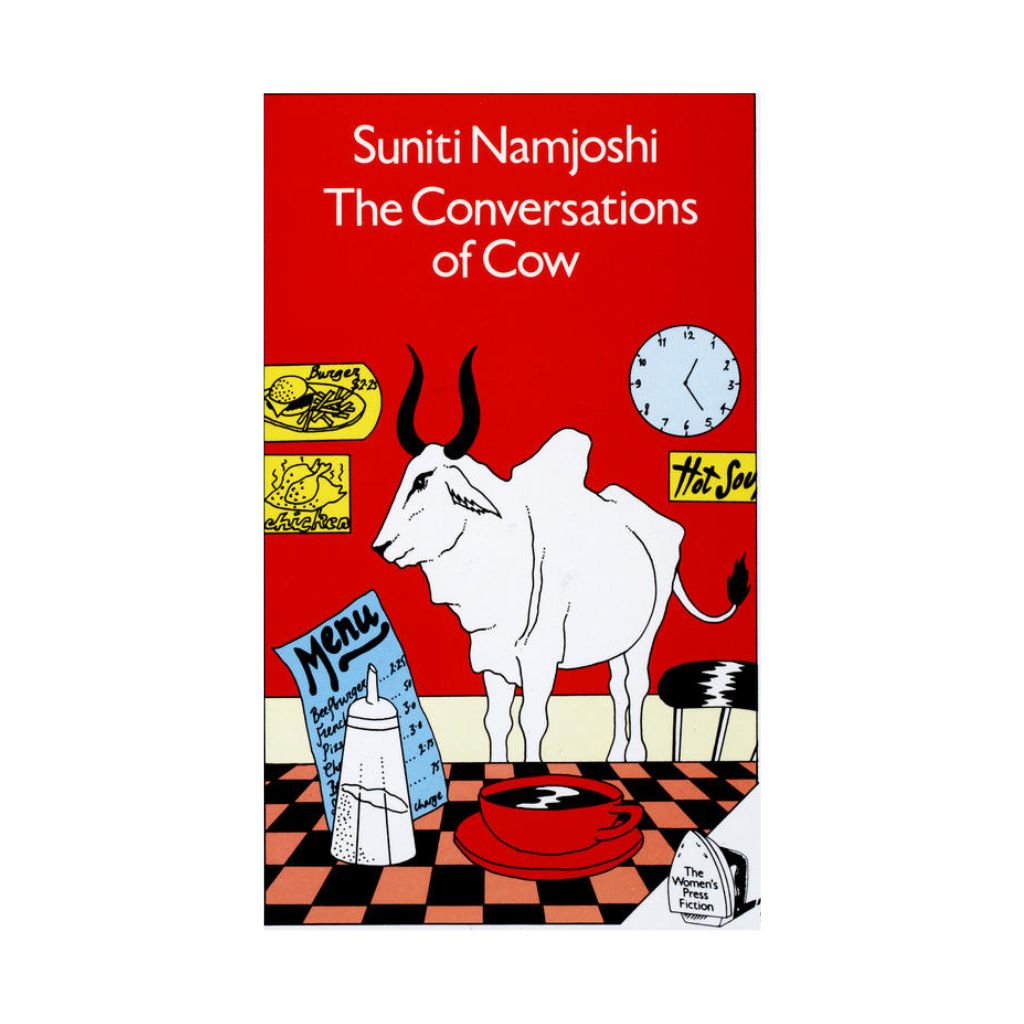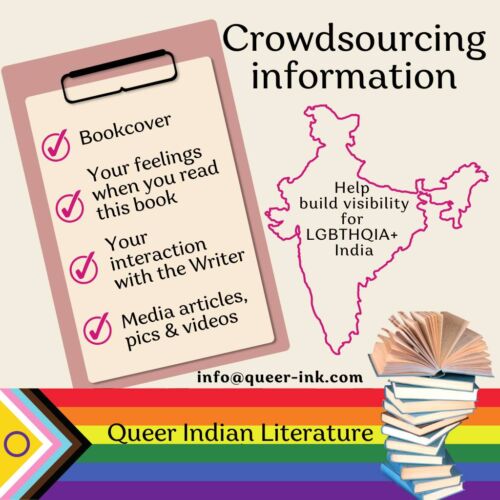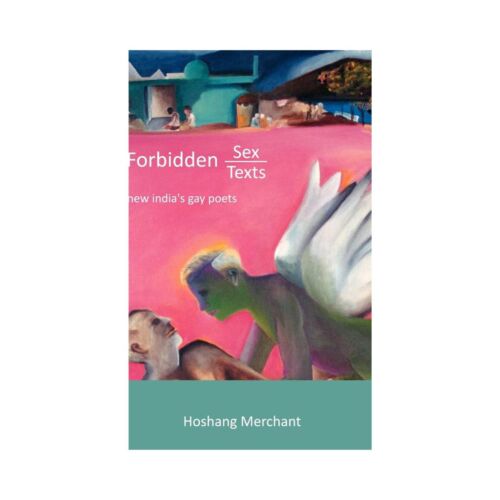Description
The novella is a mixture of satirical fiction, fantasy, and fable and examines the relationship between Suniti, a feminist lesbian, and Bhadravati, a Brahmini cow. The illustrations accompanying the text are by Sarah Baylis. The fifteen digitised images in this item include an extract of a chapter and an illustration.
ISBN: 9780704339798
Suniti Namjoshi was born in Mumbai in 1941, Suniti Namjoshi is an important writer in contemporary Indian literature in English. She has several books of verse and fable to her credit. She worked in the Indian Administrative Service and in academic posts in India before moving to Montreal. She earned a PhD from McGill University (with a thesis on Ezra Pound), worked at the University of Toronto and later at the Centre for Women’s Studies at Exeter University, UK.
She now lives in the UK and works as a full-time writer. Her poetry, fables, articles and reviews have been featured in various anthologies and journals in India, Canada, the US, Australia and Britain. A deep engagement with issues of gender, sexual orientation, cultural identity and human rights infuses her work.
Namjoshi says she got politicized during her sabbatical from the University of Toronto, which she spent in England from 1978 – 79.
“A major influence,” she writes in an email exchange, “was my friend, Hilary Clare (alias Christine Donald). She had more brains than me, she could out-argue me, and she had a literary mind. What’s more, I could see that she was fighting my battles for me while I stood aside and did nothing; and that shamed me. She was active in both Women’s Liberation and Gay Liberation. Up till then, I thought that politics was something unpleasant that vaguely unpleasant people indulged in. I hadn’t realized that it had something to do with ethics. I had also assumed that literature had nothing to do with power. It was books like Kate Millett’s Sexual Politics and the work of writers like Virginia Woolf and Adrienne Rich that made me understand the extent to which sheer brutal power in the form of wealth and social ascendancy intersected with the literary enterprise and determined not just who could write what, but who could write at all and what constituted the literary canon. It wasn’t just particular friends and important writers that mattered, though. There was the sense that a strong feminist movement existed, and for a writer, this meant that there was an audience — a readership — to whom I might make sense. That was enormously exhilarating and allowed me to think, explore, and write.”
The poems that accompany this edition are from various books and reveal the textured and multivalent satire that characterises Namjoshi’s political poetry. In a recent article on her new book, Sycorax, I wrote of how Namjoshi’s work demolishes several stereotypes in one swift stroke: “She is a fabulist who is never preachy. A feminist who is never humourless. A poet who is never arcane. An intellectual who is never pedantic . . . Her work points to a deeply internalized radicalism, one that has as much depth as it has edge. Quirky, funny, intellectually agile, capable of making connections between the mundane and the metaphysical, adept at sniffing out the archetypal in the culturally particular, they point to a mind that is as engaged as it is engaging.”





